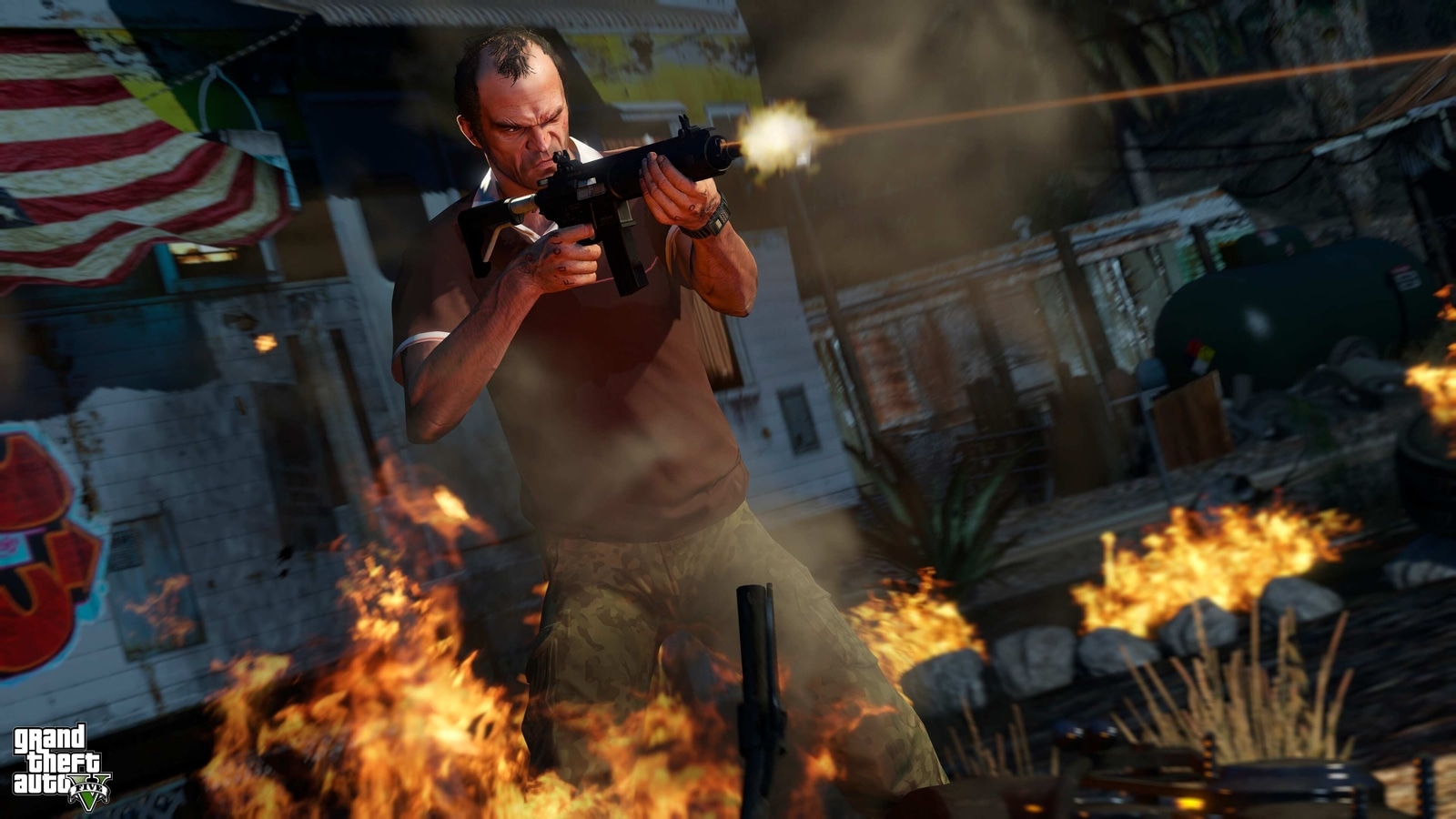At The New York Times Book Review, we write about thousands of books every year. Many of them are good. Some are even great. But we get that sometimes you just want to know, “What should I read that is good or great for me?”
Well, here you go — a running list of some of the year’s best, most interesting, most talked-about books. Check back next month to see what we’ve added.
(For more recommendations, subscribe to our Read Like the Wind newsletter, or visit our What to Read page.)
Birnam Wood, by Eleanor Catton
In this action-packed novel from a Booker Prize winner, a collective of activist gardeners crosses paths with a billionaire doomsday prepper on land they each want for different purposes. The billionaire decides to support the collective, citing common interests, but some of the activists suspect ulterior motives.
Local bookstores | Barnes and Noble | Amazon
I want a sprawling, gnarly piece of horror in translation
Our Share of Night, by Mariana Enriquez. Translated by Megan McDowell.
This dazzling, epic narrative, translated from the Spanish by Megan McDowell, is a bewitching brew of mystery and myth, peopled by mediums who can summon “the Darkness” for a secret society of wealthy occultists seeking to preserve consciousness after death.
Local bookstores | Barnes and Noble | Amazon
I want mesmerizing historical fiction
This Other Eden, by Paul Harding
Harding’s latest novel was inspired by the true story of a devastating 1912 eviction in Maine that displaced an entire mixed-race fishing community. Harding turns that history into a lyrical tale about the fictional Apple Island on the cusp of destruction.
I want a hard-boiled tale from a master of noir
Every Man a King, by Walter Mosley
In the second novel in Mosley’s King Oliver series, a Black private detective in New York investigates whether the government framed a prominent white supremacist. The plot gets more intricate the more he digs, with prison contractors, alt-right militias and Russian oil traffickers all in play.
Local bookstores | Barnes and Noble | Amazon
I want a lavish, fantastical tale by one of our greatest living writers
Victory City, by Salman Rushdie
Rushdie’s new novel recounts the long life of Pampa Kampana, who creates an empire from magic seeds in 14th-century India. Her world is one of peace, where men and women are equal and all faiths welcome, but the story Rushdie tells is of a state that forever fails to live up to its ideals.
Local bookstores | Barnes and Noble | Amazon
I want a comedy of errors
The Chinese Groove, by Kathryn Ma
A comedic take on the trials of immigration, Ma’s latest novel follows a Chinese man who is woefully unprepared for his move to America, but who powers through thanks to his belief that generosity and connection always exist among his fellow countrymen.
Local bookstores | Barnes and Noble | Amazon
I want a decades-spanning family saga
Hello Beautiful, by Ann Napolitano
In her radiant and brilliantly crafted fourth novel, Napolitano puts a fresh spin on a classic tale of four sisters and the man who joins their family. Take “Little Women,” move it to modern-day Chicago, add more intrigue, lots of basketball and a different kind of boy next door and you’ve got the bones of this thoroughly original story.
Local bookstores | Barnes and Noble | Amazon
Nonfiction
I want some hot literary gossip!
I want to take a head-spinning trip through the deep state
Bottoms Up and the Devil Laughs: A Journey Through the Deep State, by Kerry Howley
The people in this darkly funny book include fabulists, truth tellers, combatants, whistle-blowers. Like many of us, they have left traces of themselves in the digital ether by making a phone call, texting a friend, looking up something online. Howley writes about the national security state and those who get entangled in it — Edward Snowden, Chelsea Manning and Reality Winner all figure into Howley’s riveting account.
Local bookstores | Barnes and Noble | Amazon
I want an eye-opening investigation of inequality
Poverty, by America, by Matthew Desmond
The central claim of this manifesto by the Princeton sociologist (who won a Pulitzer Prize for his 2016 book “Evicted,” about exploitation in Milwaukee’s poorest housing market) is that poverty in the United States is the product not only of larger economic shifts, but of choices and actions by more fortunate Americans.






















